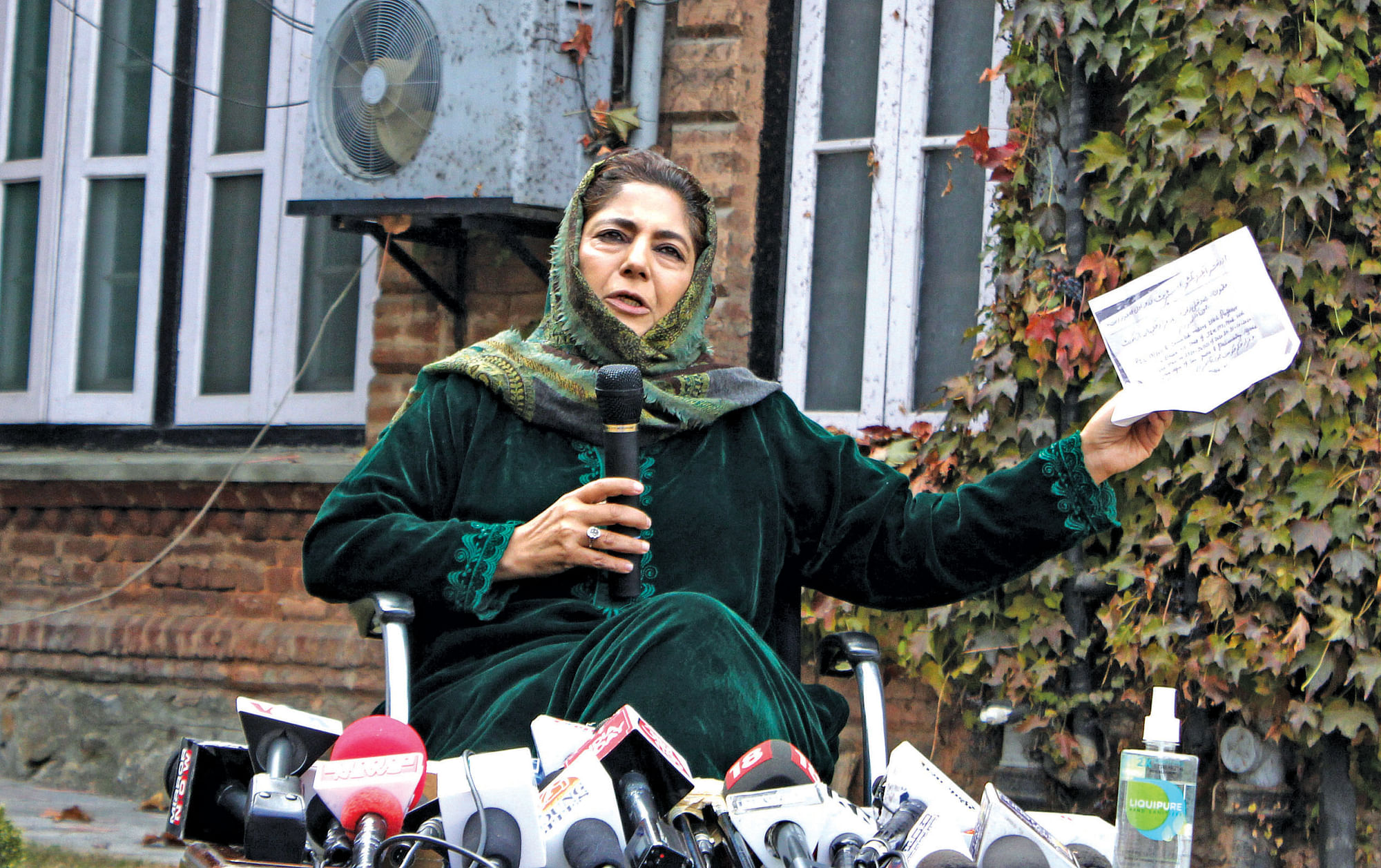
- Select a language for the TTS:
- UK English Female
- UK English Male
- US English Female
- US English Male
- Australian Female
- Australian Male
- Language selected: (auto detect) - EN
Play all audios:
The period between the two world wars has often been known as the age of the dictators. Some of them began as demagogues. Many people see the rise of populism in Europe and the United States
as heralding a return to pre-war politics. Are we now entering a new age of demagogues? And is Nigel Farage one of them? A brief historical _tour d’horizon _may shed some light on this
question. In classical Greece, the first great political thinkers, Plato and Aristotle, both warned that demagogues could easily arise in a democracy. The first political historian,
Thucydides, described the demagogue Cleon, whose rhetoric captivated the Athenians during the war against Sparta, though he was killed in battle before he could become a dictator. What
emerges from these ancient accounts is that demagogues are those who flatter the people in order to gain power, surrounding themselves with bodyguards and a cult of the personality. Plato
argues that such rabble-rousers can only emerge in societies that have too much liberty to be cohesive, characterised by what we might call hyperindividualism. How is it that some modern
democracies, notably here in Britain, have generally resisted the blandishments of demagogues? One answer is the two-party system, which evolved in the aftermath of the Glorious Revolution
in 1688. Whigs and Tories, later Liberals and Conservatives, were able to alternate in office without bloodbaths. Initially the monarch played a key role in appointing ministers, but
elections to the House of Commons became the decisive factor in determining which party could hold office. This party system was successfully exported to America, where it took a republican
form. The French Revolution also generated a republic dominated by parties, such as the Girondins and Jacobins, but immediately succumbed to demagogues. It also failed to avoid bloodshed:
each faction executed those whom they displaced. Eventually a military dictator, Napoleon Bonaparte, replaced the republic with an empire. Perhaps the French Revolution’s most lasting legacy
was the idea of “Left” and “Right”, which endures to this day, though its utility was already called into question by the fascist dictators, who combined the politics of both. After the
Russian Revolution, Communists created the idea of a dictatorship masquerading as a “people’s democracy”; this too has endured, notably in China. In Russia itself, Vladimir Putin has created
a new archetype: a blend of democracy, oligarchy and dictatorship. He has also pioneered the use of online propaganda to control hearts and minds. Modern demagogues go digital. And so we
come to the West in our own day. Is, for example, Donald Trump a demagogue? Many would say that he is. But has he undermined American democracy — or even tried to do so? That is not so
clear. In any case, democratic institutions are putting up robust resistance; so is the free press. And the US two-party system seems to be in rude health, despite the polarisation of
politics that has been much lamented lately. In the European Union, some countries have witnessed a fragmentation of the party system. One example is Germany, where the radicalisation of
politics has been accompanied by a shift from a system dominated by two “people’s parties” of centre-Left and centre-Right to one with six major parties, reminiscent of the last years of the
Weimar Republic. In France, by contrast, the destruction of the old parties has resulted in a realignment and a return to a two-party system: a liberal bloc led by Emmanuel Macron and a
renamed National Rally led by Marine Le Pen. The same process may be occurring in Italy, where Mattel Salvini’s Lega has revived the Right at the expense of the Five Star Movement, while the
centre-Left rallies around the Democratic Party. This demonstrates that populism does not necessarily imply fragmentation. In Poland, for example, the ruling Law and Justice Party is seen
as both nationalist and populist, but the country seems to have a stable two party system. Only in Hungary is the dominance of Victor Orbàn’s Fidesz so great that it has eclipsed the former
Communists who hitherto provided the opposition. But even there, the survival of democracy is not seriously in question. What, then, of our own predicament? Should we be worried about Nigel
Farage? Yesterday, at a press conference where he posed with his victorious colleagues of the Brexit Party, he repeated what has become his mantra: the reason why Brexit has not happened yet
is that the mainstream parties have obstructed it. They must therefore be smashed for the will of the people to be enacted. “I think the real barrier, the real obstruction to all of this,
is a two-party system that may well have worked in decades gone by, but is no longer fit for purpose,” he declared. “No one will ever trust the main parties again.” Does Farage mean what he
says? It looks as though he does. He is looking for 650 candidates to fight the next election and he threatens to descend “en masse” on Peterborough, where a by-election will be held next
week. It is likely that the Brexit Party will repeat its European success in its first parliamentary election. The British two-party system has lasted for some three centuries. (A number of
commentators have claimed that the Tories had their worst result “since 1832” last week. They are out by at least a century.) During that time, the Liberals were replaced by Labour. Perhaps
the Liberals will now replace Labour and the Brexit Party will supplant the Conservatives. That would not destroy the two-party system. Only a one-party state could do that. And however
strong the Brexit Party might look today, it is not about to usher in our first dictatorship since the 17th century. Nigel Farage may or may not prove to be a demagogue. He has yet to be
tested in any forum other than the European Parliament. At the moment he looks more like a kingmaker than a king. He has so far displayed none of the qualities required in a potential Prime
Minister. Nigel Farage is no Winston Churchill — let alone an Oliver Cromwell.



![[withdrawn] near miss with a track worker at llandegai tunnel](https://assets.publishing.service.gov.uk/media/6051d710d3bf7f0455a6e604/s960_Llandegai_tunnel.jpg)




